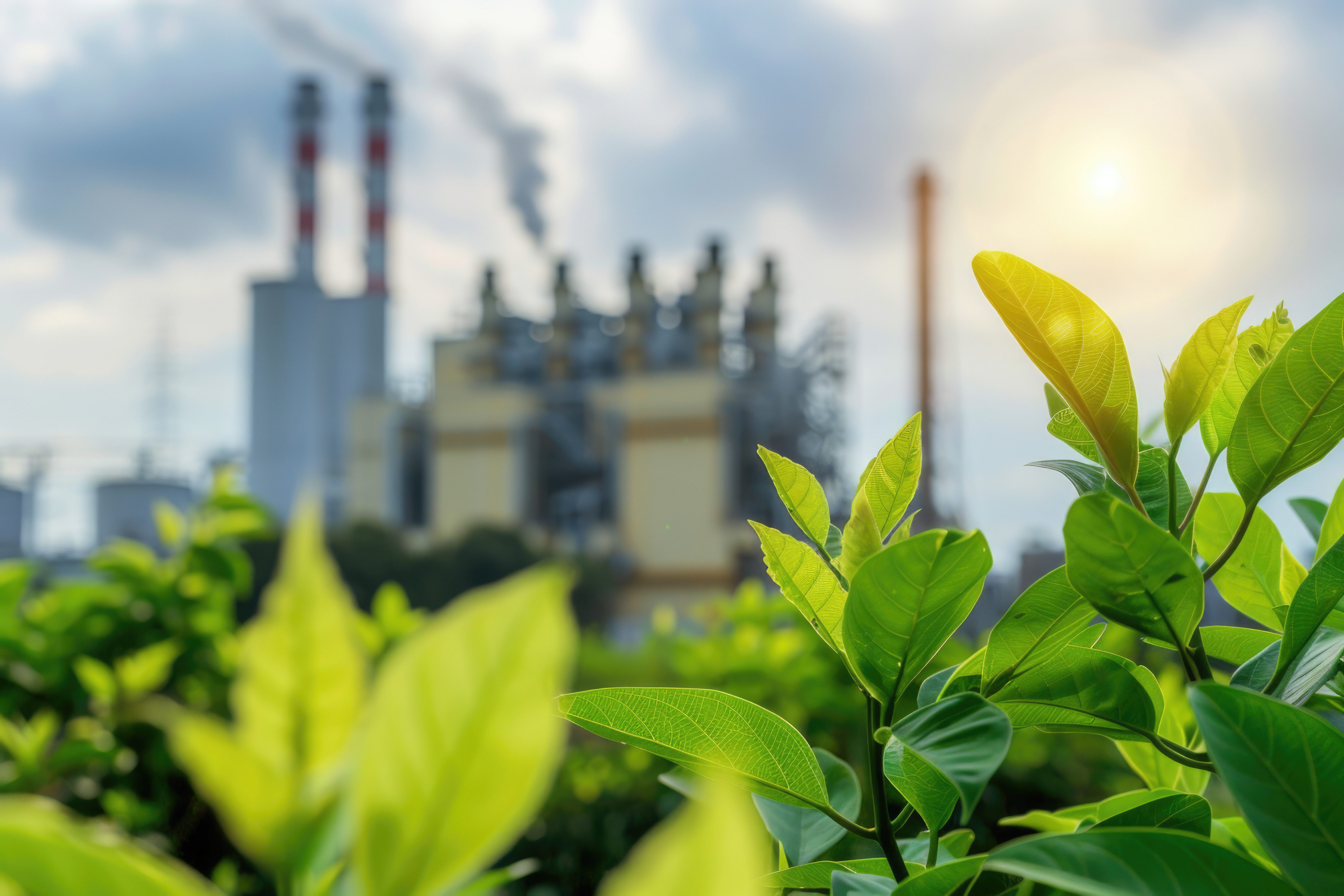Consumers are kings in the business world. They have the right to receive products that are safe, of high quality, and in line with what has been promised. As a producer, you are responsible for meeting those consumer expectations. Through product analysis and certification, you can ensure that the products you offer not only meet consumer needs but also provide added value.
Product Analysis and Certification: A Guarantee of Quality and Safety
Product analysis and certification is a comprehensive evaluation process of a product to ensure that it meets quality, safety, and other established requirements. This process involves testing, measuring, and assessing various aspects of the product, from raw materials to the finished product.
What is Product Analysis?
Product analysis is the initial stage in the certification process. During this stage, the product is tested in-depth to identify characteristics, performance, and potential issues that may arise. Some common types of analysis include:
- Chemical Analysis: Testing the chemical content of the product to ensure there are no harmful substances exceeding safe limits.
- Physical Analysis: Testing the physical properties of the product, such as strength, durability, and dimensions.
- Microbiological Analysis: Testing for the presence of microorganisms like bacteria, viruses, or fungi that may cause illness.
- Functional Analysis: Testing the performance of the product in line with its intended function.
What is Product Certification?
Product certification is the process of officially recognizing that a product meets certain standards. Certification is typically conducted by independent, internationally recognized bodies. After passing the analysis process and meeting the required standards, the product is awarded a certificate, confirming its quality and safety.
Examples of Product Certifications
Some common product certifications include:
- SNI (Indonesian National Standard): Certification for products that meet standards set by the Indonesian government.
- ISO (International Organization for Standardization): International certification widely recognized across industries.
- FDA (Food and Drug Administration): Certification for food and pharmaceutical products in the United States.
- CE (Conformité Européenne): Certification for products circulating in the European market.
6 Reasons Why Product Analysis and Certification Are Crucial
Product analysis and certification are vital steps in maintaining the quality and safety of products in the market. This process not only protects consumers but also offers various benefits to producers and businesses as a whole.
- Guaranteeing Consumer Safety
Product analysis allows us to identify potential hidden dangers. Every raw material used in product manufacturing is thoroughly tested to ensure it doesn’t contain harmful substances like lead or other toxic chemicals. Moreover, the production process is also scrutinized to prevent contamination that could harm consumers.
Through a series of tests, the product’s quality can be ensured. Products will be tested to ensure they function as expected, are durable, and safe to use. National and international standards are used as benchmarks in this testing process. Products that pass the tests are awarded certification as proof that they meet all safety requirements.
Product analysis and certification protect consumers. By ensuring the product is safe, producers can avoid costly lawsuits. Certification also boosts consumer confidence in the product, thereby increasing sales and improving brand reputation.
- Improving Product Quality
One of the primary benefits of product analysis is its ability to identify quality issues early on. For example, if substandard raw materials are found, producers can replace them before they affect the finished product. This allows producers to maintain consistent product quality. With clear standards in place, consumers can have more confidence in the quality of the products they purchase. Additionally, producers are encouraged to continually improve product quality to meet the established standards.
The data obtained from the analysis process can be used to enhance product performance. For instance, testing data might reveal that an electronic product is inefficient in terms of energy use. With this information, producers can redesign the product to improve its energy efficiency. Certification encourages producers to innovate and develop better products. To obtain certification, producers must demonstrate that their product has a competitive advantage over others in the market. This drives them to consistently find ways to improve quality and features.
- Building Consumer Trust
The process provides a guarantee of product quality through various tests, along with transparency about ingredients and the production process. With certification, consumers feel more protected from dangerous products and can make more informed purchasing decisions. Certification also boosts brand reputation and ensures that products meet all applicable regulations, both nationally and internationally. All these factors together contribute to building consumer trust in a product.
Imagine you’re buying a smartphone. You would likely prefer a certified phone because you trust it has undergone various tests to ensure its quality and safety. Additionally, certification ensures that the phone meets established radiation standards, so you don’t have to worry about health impacts.
- Opening Market Opportunities
One of the main benefits of product certification is the ease of entering international markets. Different countries have different regulations and product standards. By having internationally recognized certification, products can more easily meet the import requirements of target countries. This opens up opportunities for companies to expand their market reach and increase their global market share.
In the age of globalization, business competition is becoming more intense. Consumers are more informed and selective in choosing products. Certified products are generally considered to have better quality and are more reliable compared to uncertified products. This provides a competitive edge and helps products stand out from competitors. Many large companies, especially in retail, only partner with suppliers whose products are certified. This ensures the quality of products sold and helps avoid reputational risks. Having product certification allows companies to partner with large enterprises and open up broader business opportunities.
Some governments offer special support for companies whose products are certified. This support may include tax incentives, easier access to government markets, or promotional programs. This can provide financial benefits and help accelerate business growth.
- Minimizing Business Risks
One major reason why product analysis and certification are important is to prevent significant financial losses. Imagine if the product you produce is found to be defective or even harmful to consumers. You would face the risk of a large-scale product recall. The recall process is costly and can damage your brand’s reputation. Additionally, you may also face legal action from consumers who have been harmed.
By conducting product analysis and certification, you ensure that your product meets all applicable requirements. This helps avoid legal problems and fines that could harm your business. Furthermore, certification can open up opportunities to enter international markets.
The certification process often involves evaluating the entire production process. This evaluation allows you to identify areas that need improvement and boost production efficiency. By improving efficiency, you can reduce production costs and increase profits.
- Supporting Sustainable Development
The certification process often includes evaluating the environmental impact of a product, from raw material selection to production processes and waste disposal. As a result, companies are encouraged to adopt more environmentally friendly production practices, such as using recycled materials, reducing carbon emissions, and improving energy efficiency. Consumers are increasingly aware of the importance of choosing environmentally friendly products. Product certification provides transparent information to consumers about the environmental impact of the products they purchase. This allows consumers to make smarter choices and support sustainable products.
The certification process requires companies to disclose information related to their products, such as raw materials used, production processes, and environmental impacts. This transparency allows consumers, governments, and other stakeholders to monitor company performance and ensure that they are environmentally responsible.
Understanding the importance of product analysis and certification for your business is the first step toward success. For your product analysis and certification needs, SUCOFINDO is ready to assist. Visit the SUCOFINDO website for more information about the services we offer.






